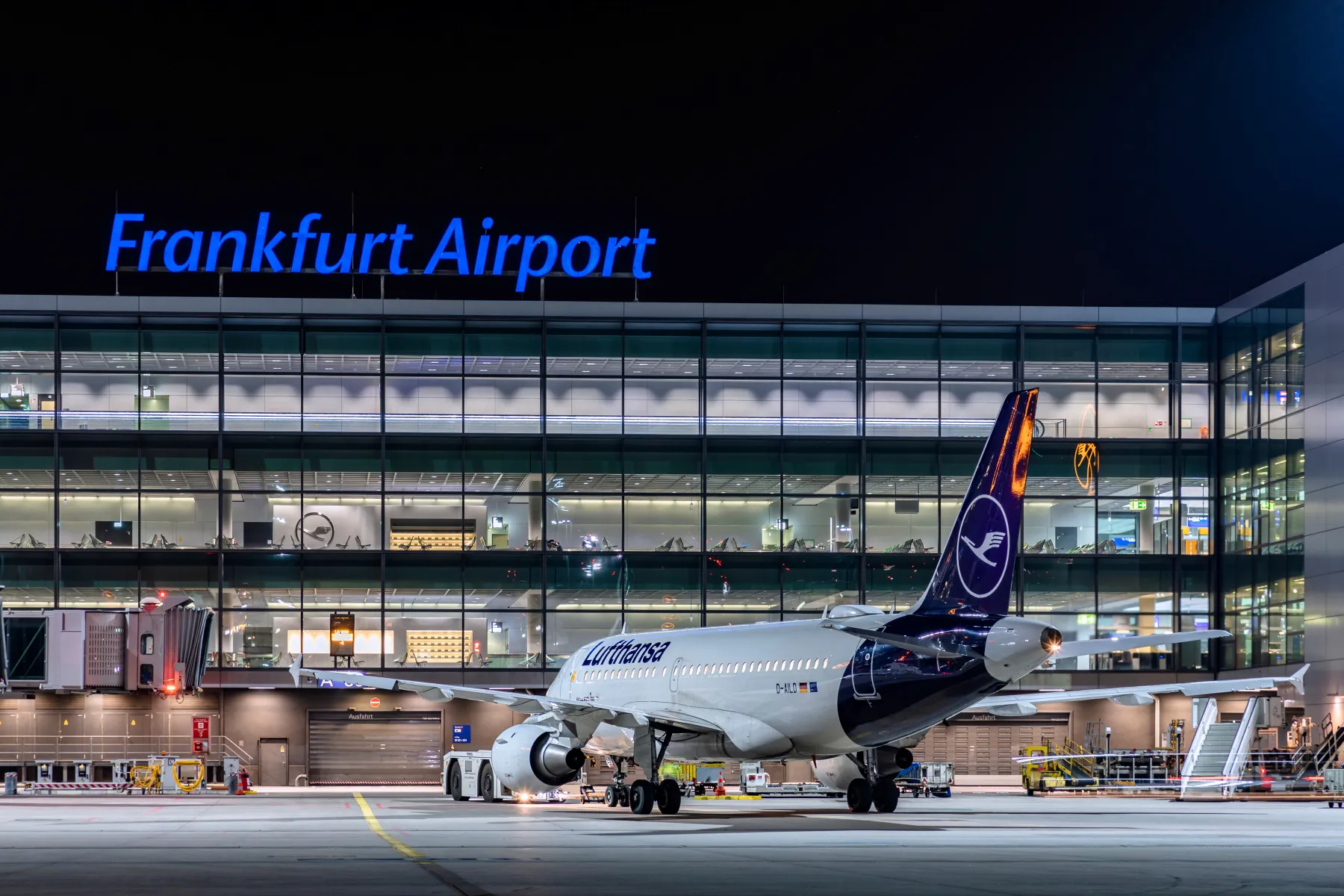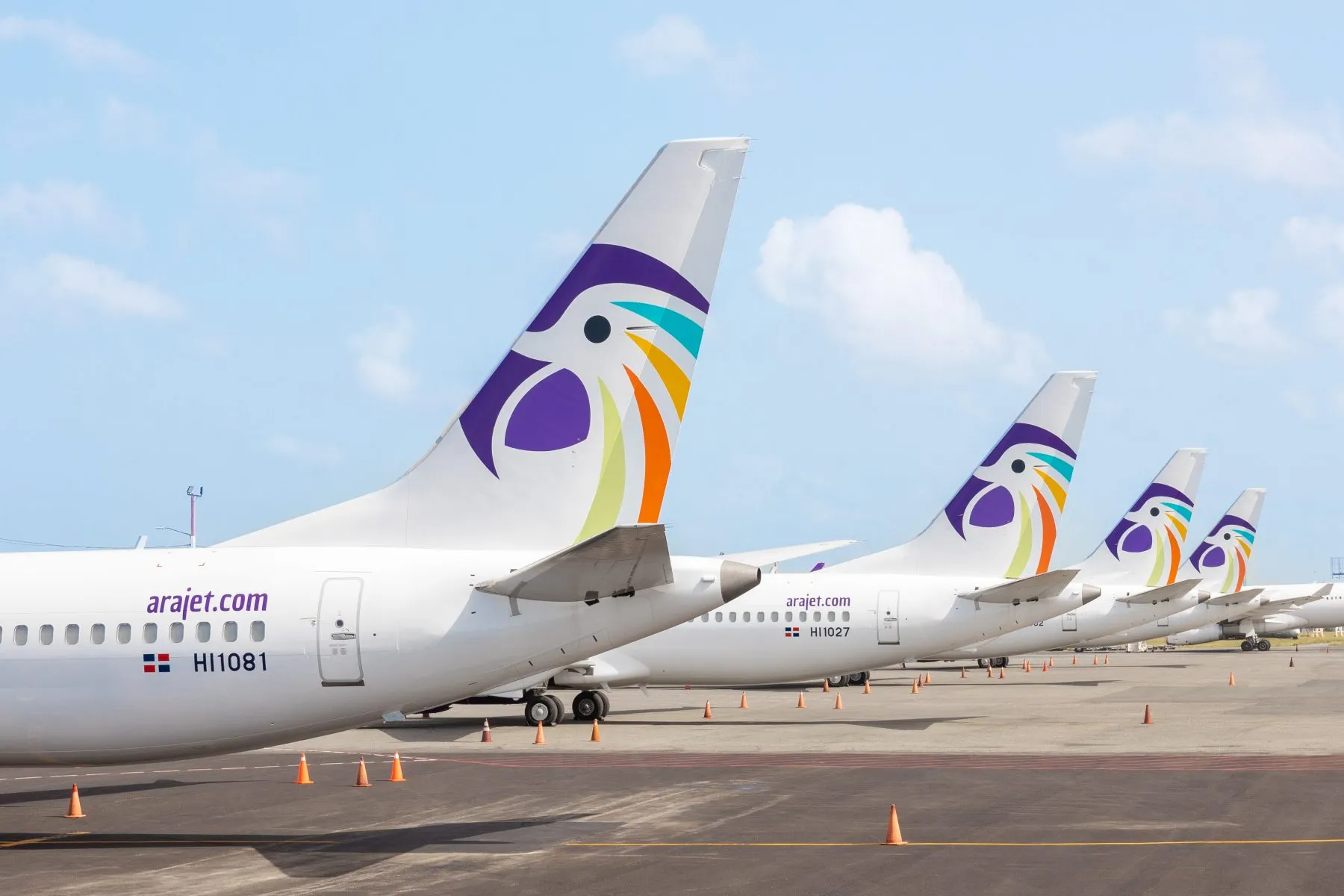Carnival has the upper hand on all the lawsuits coming its way
Lawsuits are already filed in this month's disastrous Triumph cruise ship voyage, but the legal deck is stacked in parent company Carnival's favor, mainly because of the restrictive terms of vacationers' tickets, governing who can sue and where.
Cases involving the Triumph — which was disabled Feb. 10 by an engine fire that stranded thousands of passengers onboard for days in the Gulf of Mexico — and other Carnival Cruise Lines ships must be filed in South Florida federal courts, near the company's Miami headquarters. The ship left from Galveston, Texas, for Mexico and eventually was towed to port in Mobile, Ala., after the fire. Passengers traveled from around the country for the trip.
Maritime law experts said Thursday that passengers could win despite the limitations if they can show that the cruise line was negligent in letting the ship sail despite past engine problems and that their mental suffering was so severe they had to seek medical or psychological care.
"I think there is a good case of liability against Carnival. The issue really comes down to the damages," said Robert Peltz, a maritime lawyer not involved in any Triumph-related cases.
Still, other attorneys cautioned it won't be easy because of the way Carnival and others craft their cruise tickets — which are considered legally binding contracts often running several pages of fine print.
"If the ship breaks down, consumers are dependent on the goodwill of the cruise lines, which drafted iron-tight terms and conditions which protect them from virtually all bad experiences," said Jim Walker, a Miami maritime attorney and author of a blog called www.cruiselaw.com.
Three passenger lawsuits were filed as of Thursday, one seeking class-action status for more than 3,000 passengers aboard the Triumph when the engine fire cut off all power and left them at sea for five days. Passengers say they endured terrible conditions on board, including food shortages, raw sewage running in corridors and tent cities for sleeping on deck.
The lawsuit filed by passengers Matt and Melissa Crusan of Oklahoma says they "were fearful for their lives" aboard the 14-story ship. They said they and other passengers suffered nausea, headaches, insomnia and nightmares, made worse by Carnival's decision to tow the Triumph to Mobile rather than to a closer port in Mexico.
"This decision was motivated solely by financial gain and Carnival's convenience," says the lawsuit, filed by Miami attorney Michael Winkleman.
The Carnival tickets for the Triumph cruise include a clause stating that class-action lawsuits cannot be filed against the company. But the Crusans' lawsuit argues that the clause should be ignored because Carnival was negligent in letting the ship sail despite incidents in January that affected Triumph's engines and propulsion.
The other two lawsuits filed so far make similar claims but seek to represent individual passengers, both from Texas.
Carnival spokeswoman Joyce Oliva said Thursday in an email that the company does not comment on pending litigation. But she confirmed that Carnival did not require Triumph passengers to sign lawsuit waivers once in Mobile in exchange for refunds, a future cruise credit, reimbursement for some shipboard expenses and $500 per person.
Those benefits would likely be deducted from any damages an individual passenger wins in a lawsuit.
Maritime lawyers said there are three main legal hurdles passengers in a class-action case would have to clear:
- A judge must decide the validity of Carnival's class action waiver on its tickets. Courts typically uphold the terms of cruise line tickets, but not always.
- Whether a class action is proper at all, given that injuries or illnesses are not the same for each person.
- Whether, under maritime law, the passengers were legitimately concerned about being physically harmed and whether they had some physical signs of emotional distress. An extreme example would be a stress-related heart attack, but also could include psychological counseling.
Ultimately, Carnival could simply choose to settle the Triumph lawsuits. If the cruise line fails to get the lawsuits dismissed on based on its ticket restrictions or other grounds, most attorneys say that's the likely outcome.
"It's been my experience that the cruise lines are more concerned about the issues that affect the brand, as they call it," Peltz said. "It could really affect their bottom line and ability to attract customers."
Copyright (2013) Associated Press. All rights reserved. This material may not be published, broadcast, rewritten, or redistributed.
![]()




